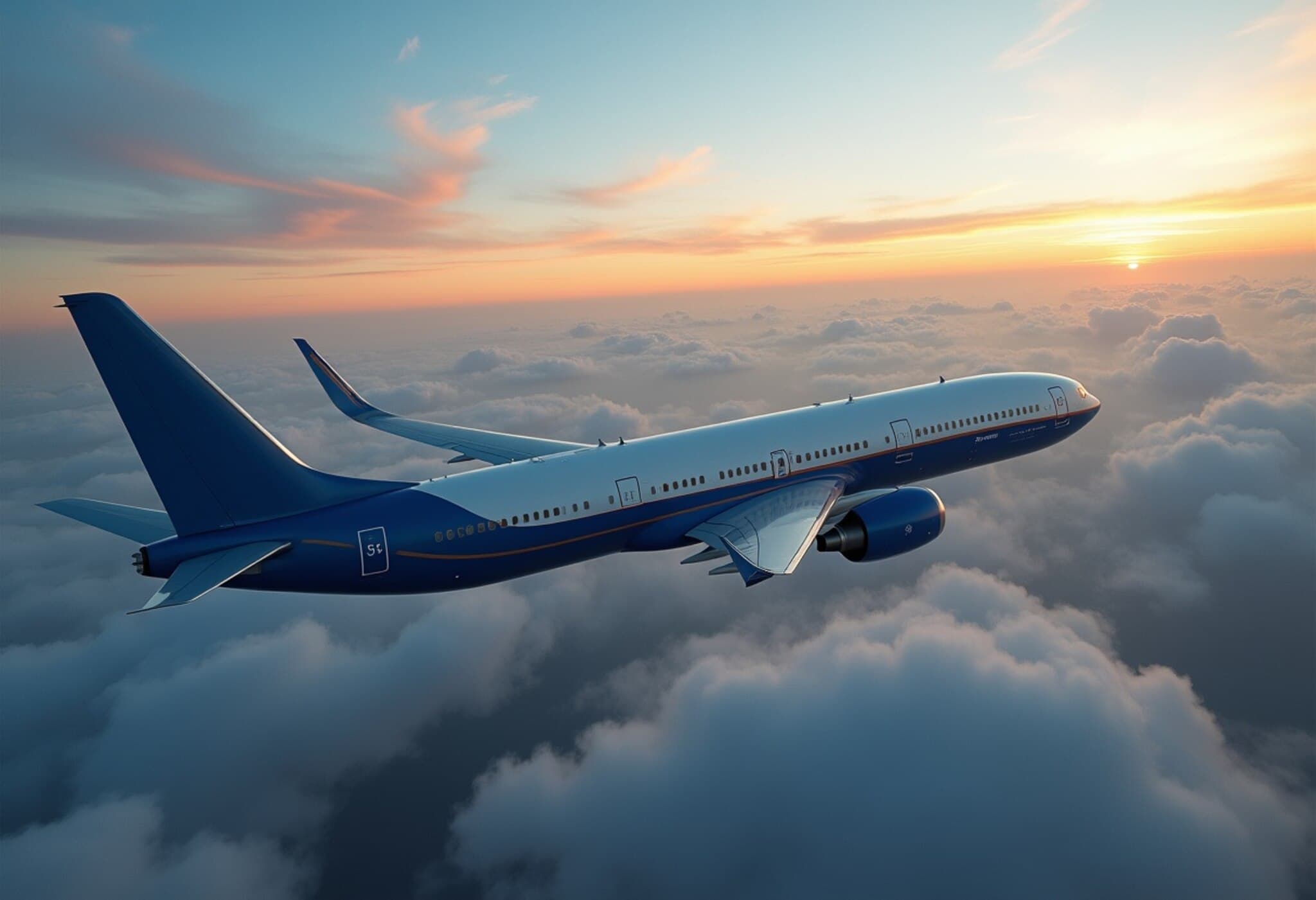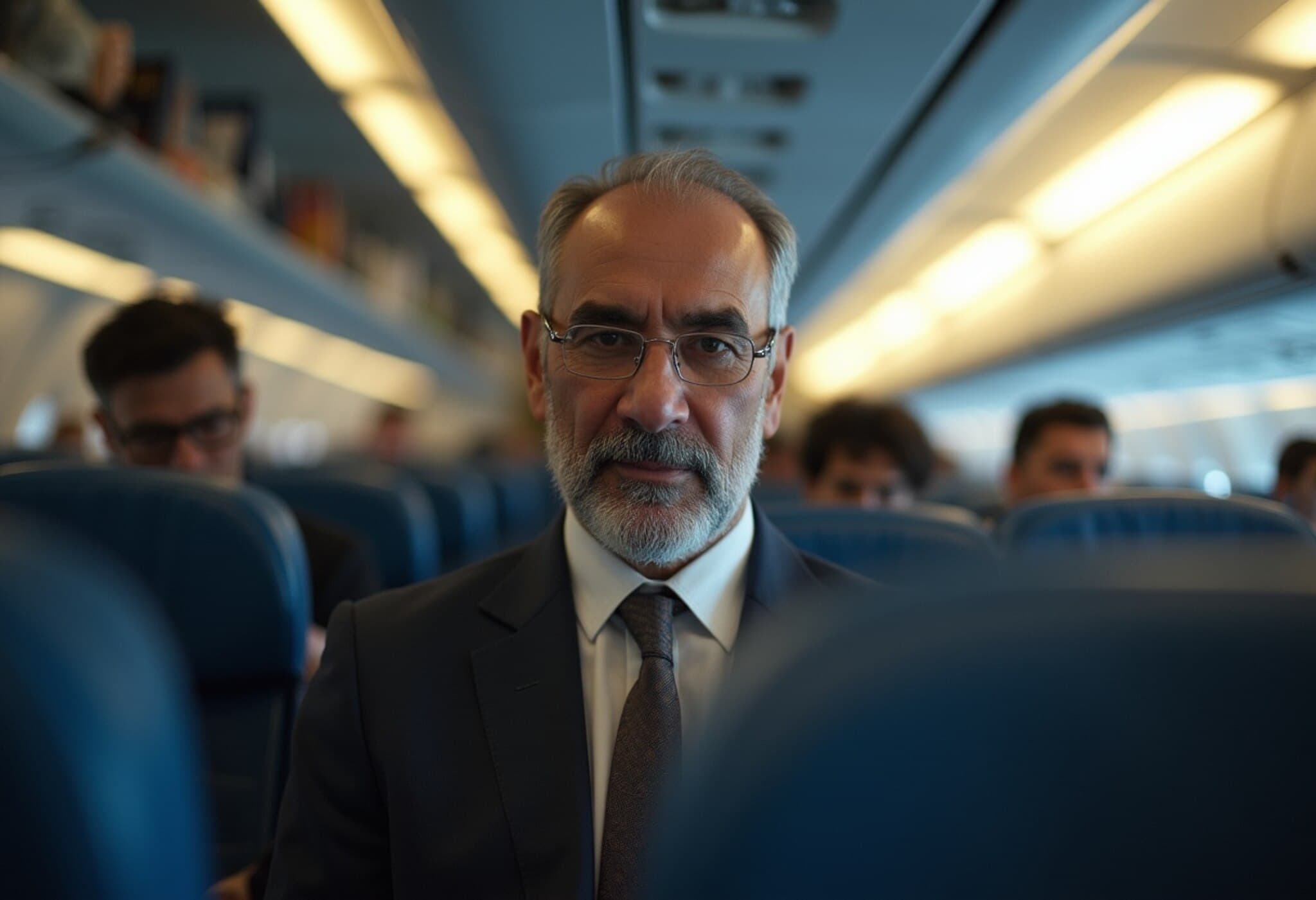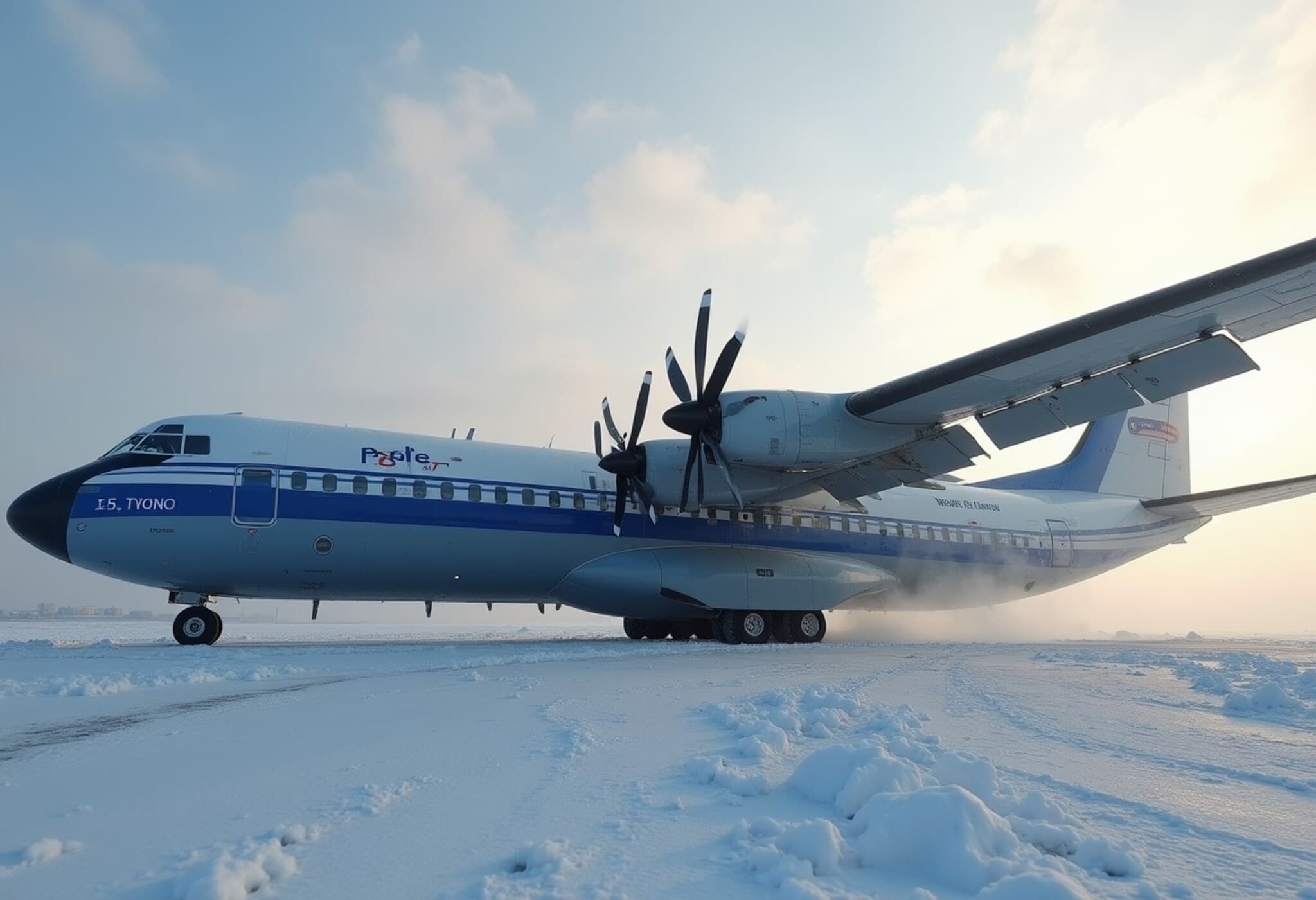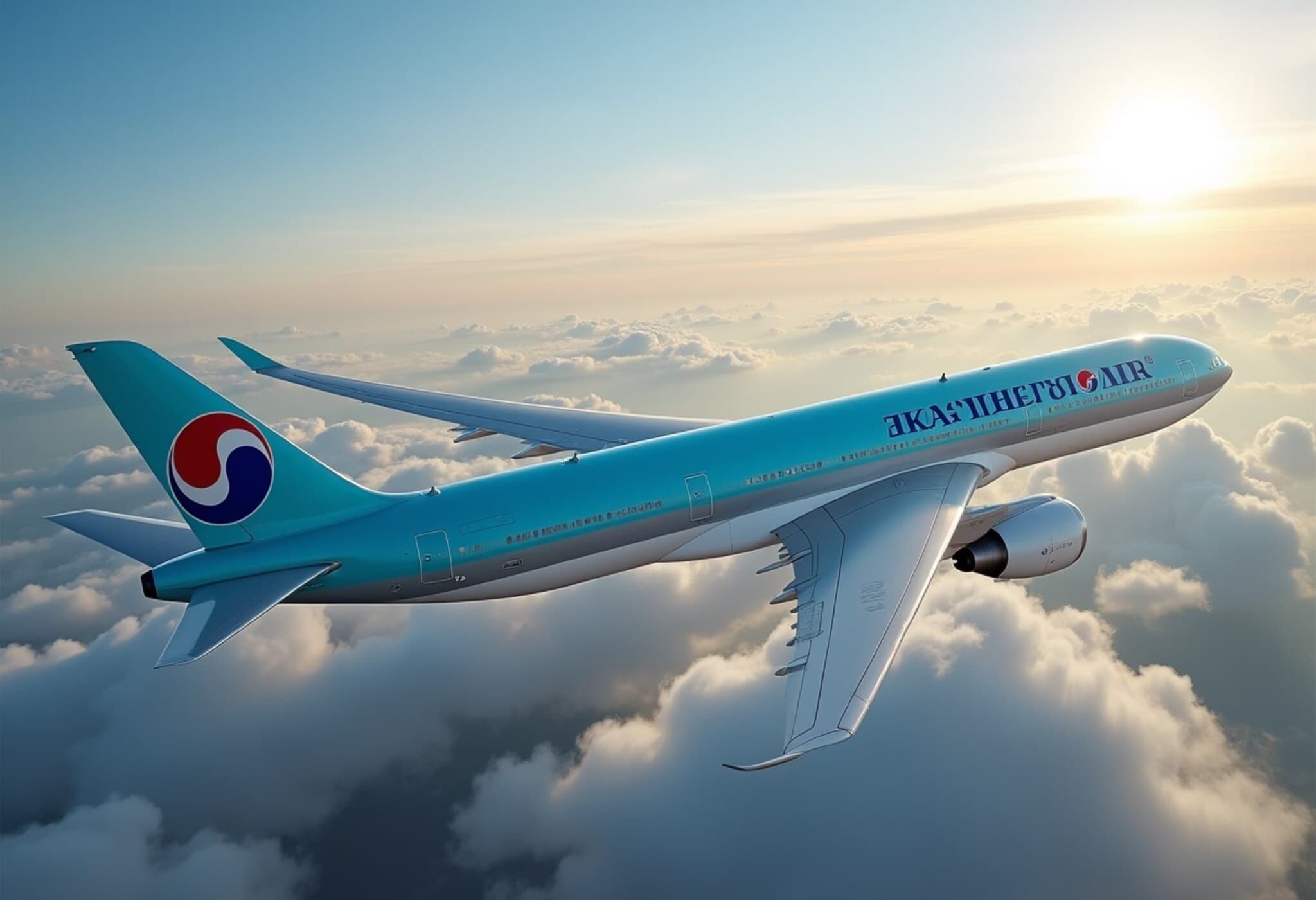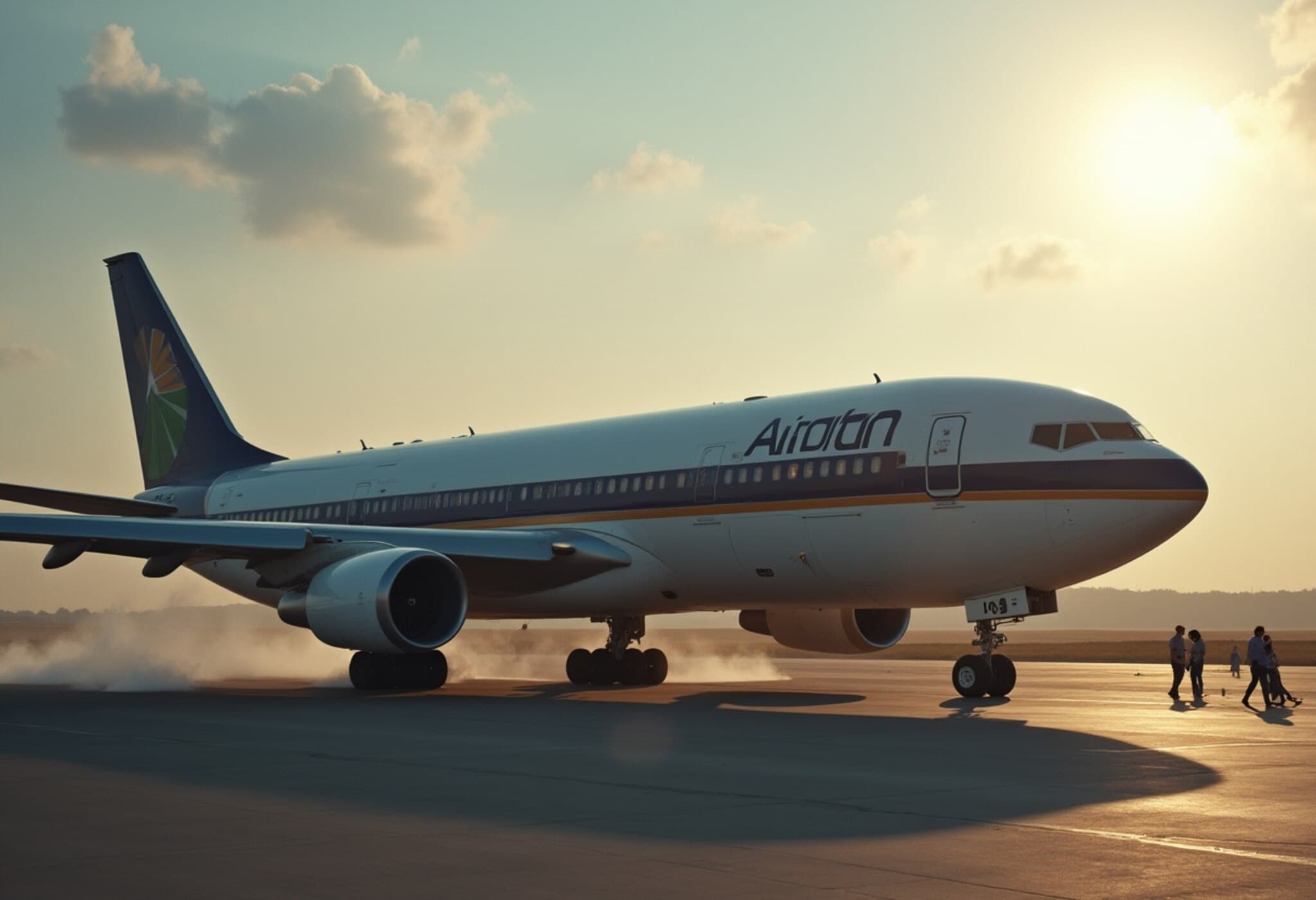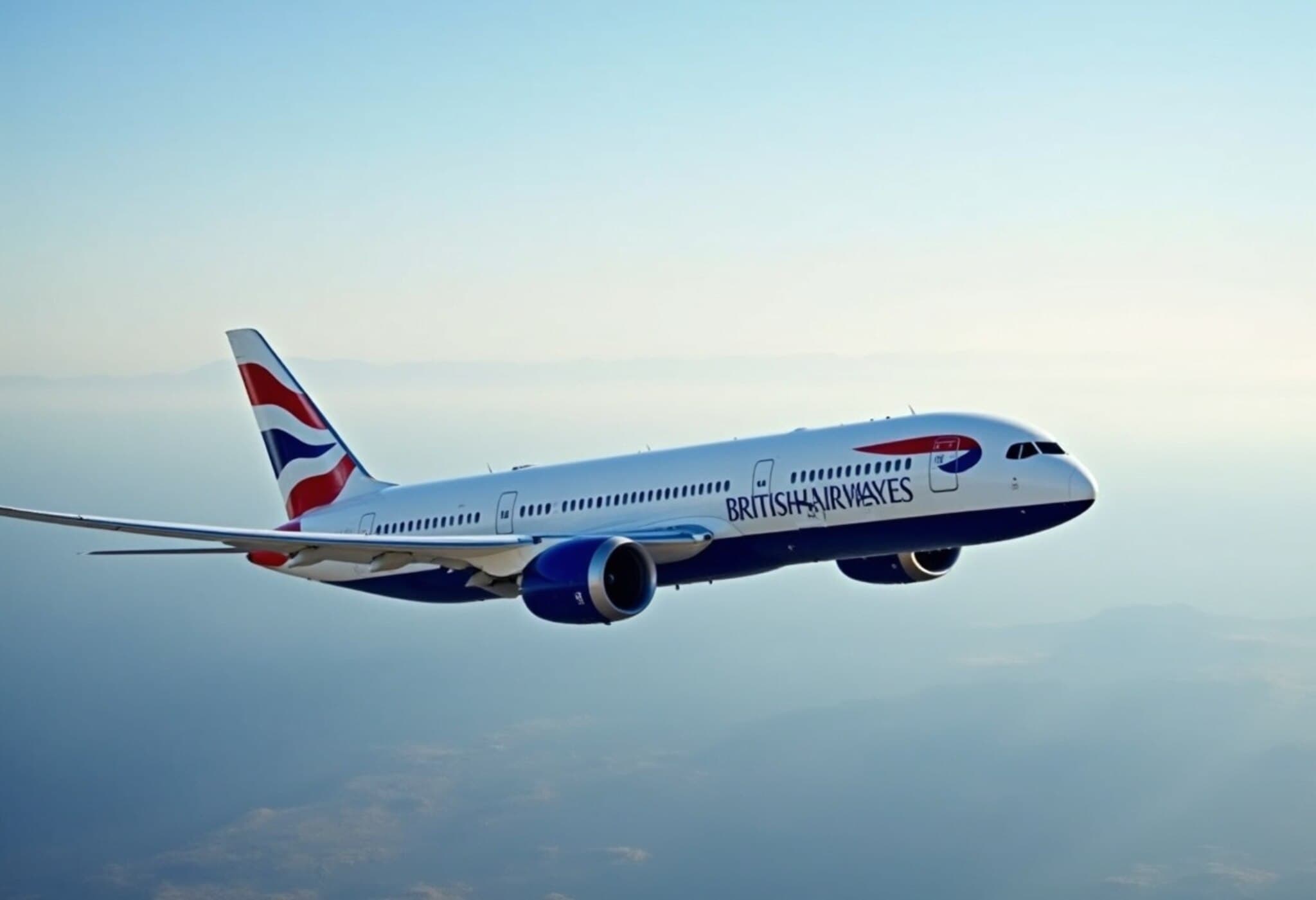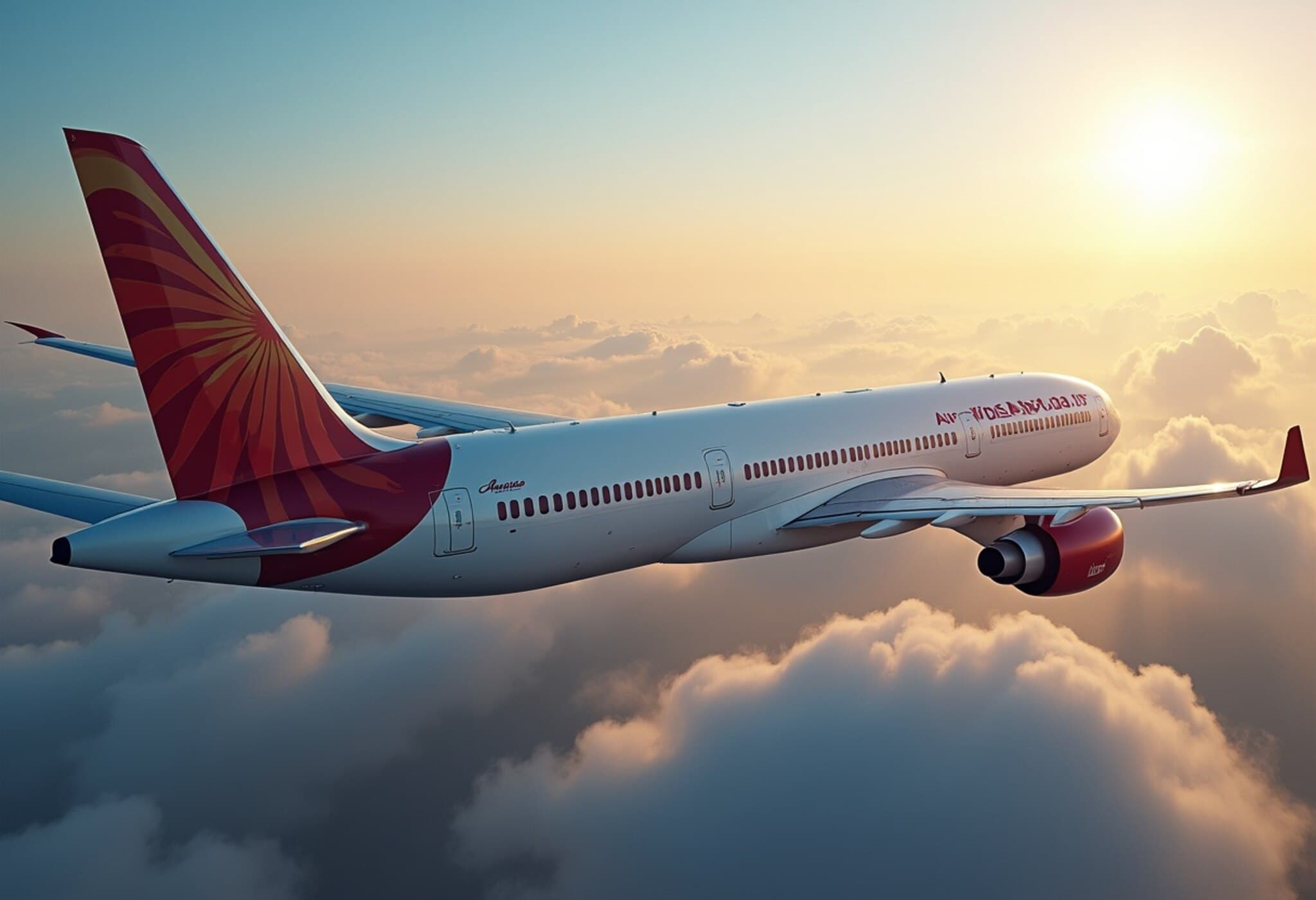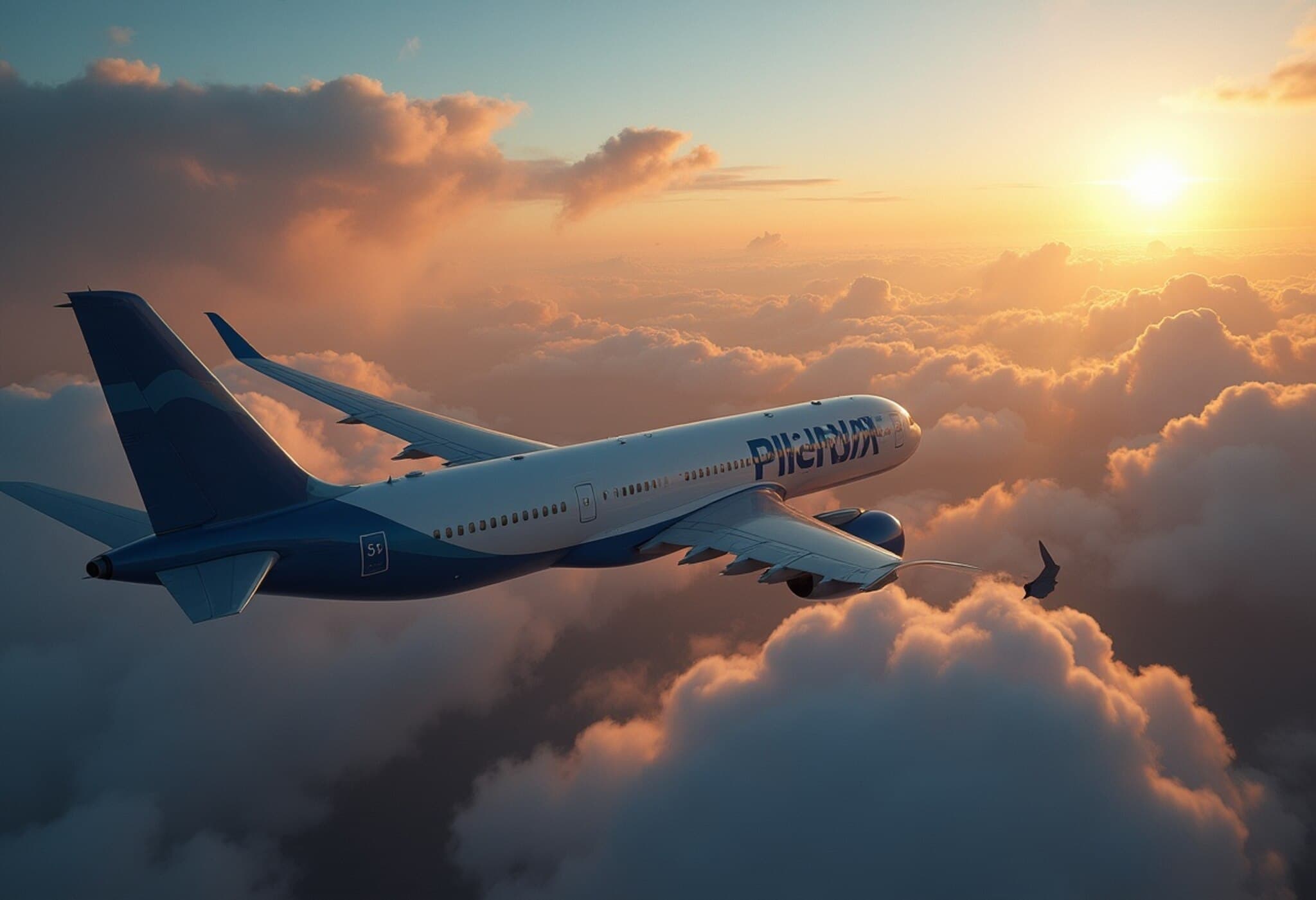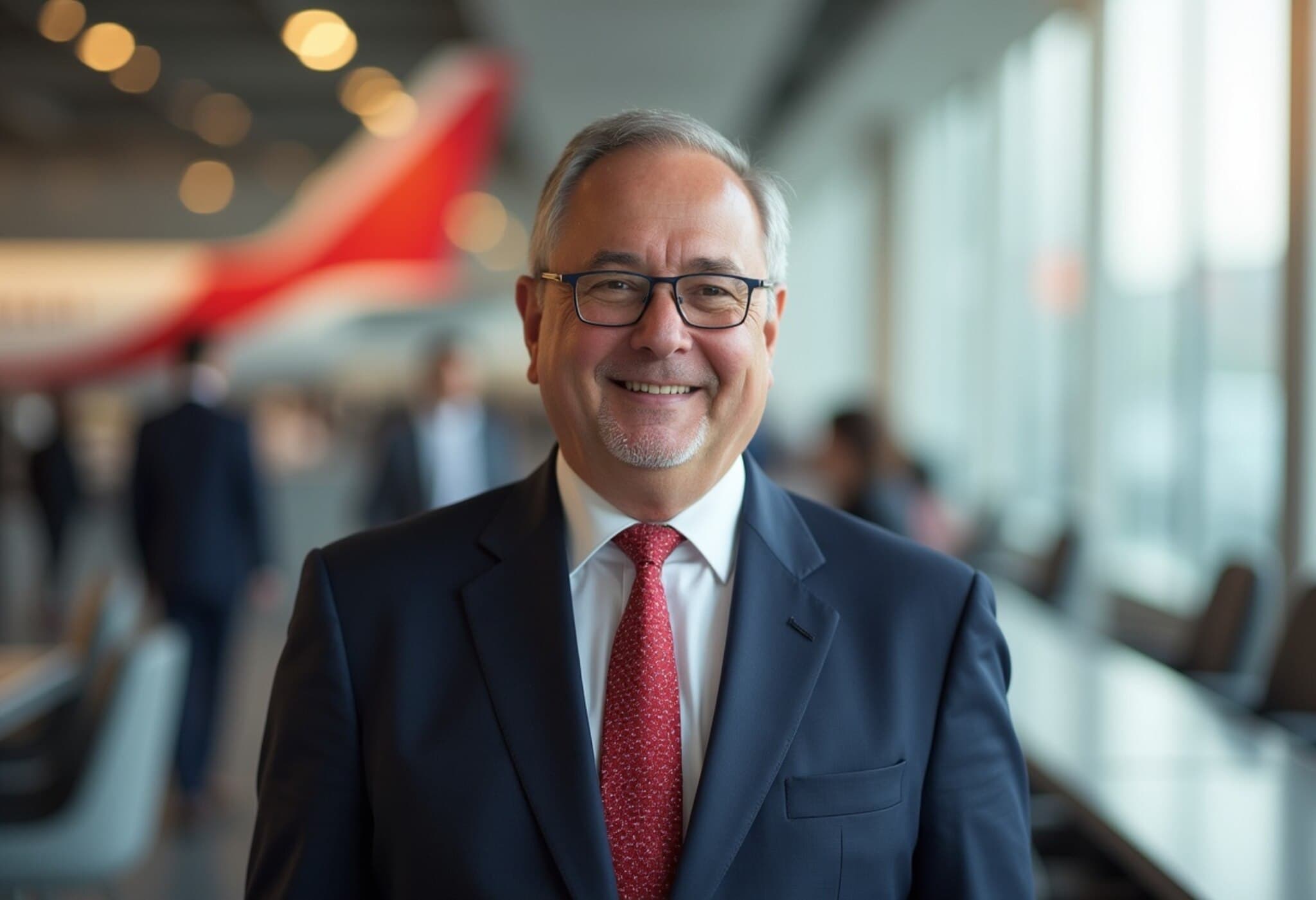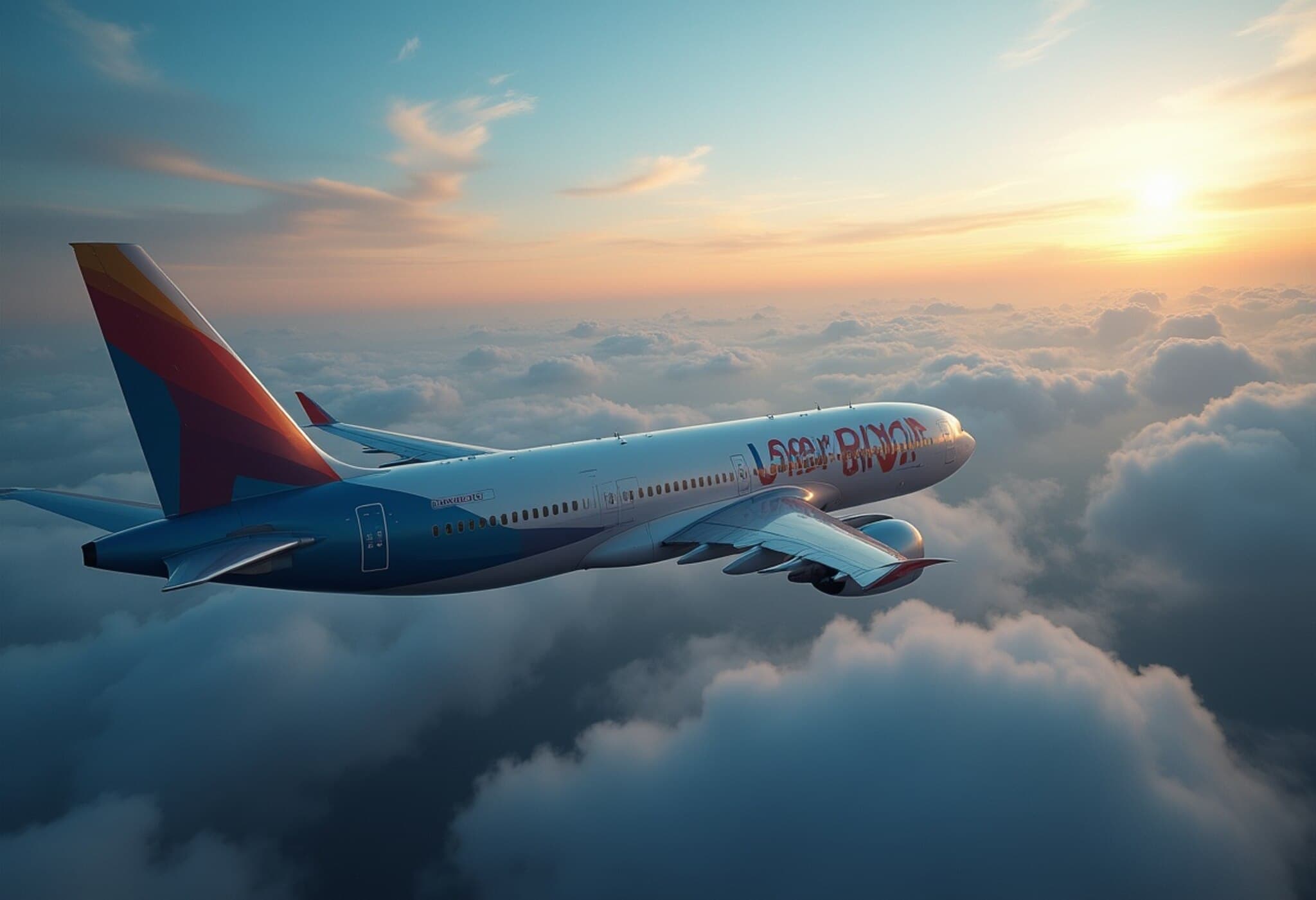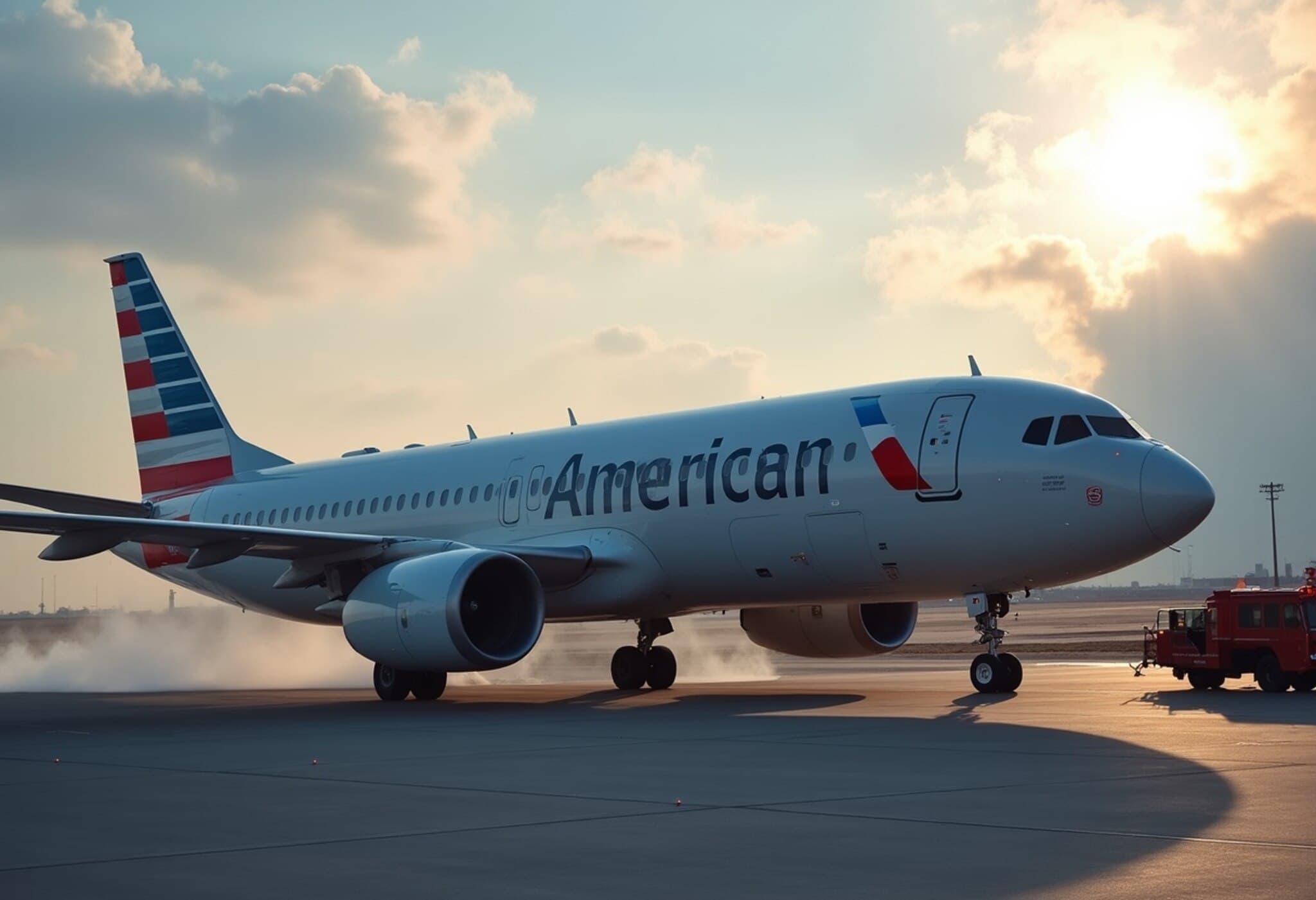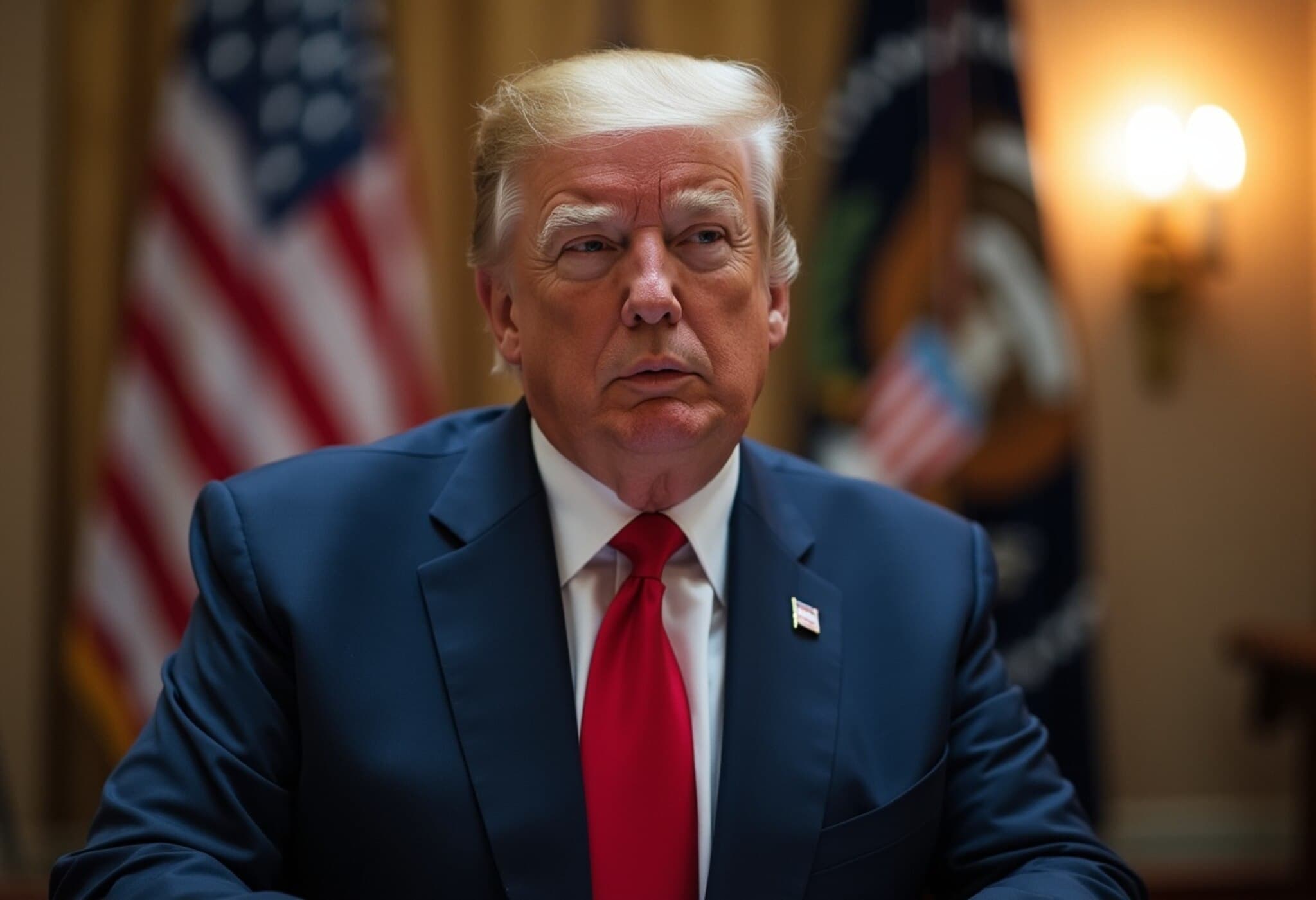Families Oppose Justice Department’s Agreement with Boeing
Relatives of victims tragically lost in the two deadly Boeing 737 MAX crashes have urged a federal judge to reject a recent deal that would close the criminal fraud case against Boeing. These crashes in 2018 and 2019 together claimed 346 lives and sparked international scrutiny of the aircraft manufacturer.
Why Families Are Calling for Rejection of the Deal
The proposed agreement, struck in 2024 between Boeing and the Justice Department, allows the company to avoid a formal conviction while escaping the oversight of an independent monitor for a period of three years. Families argue this undercuts public interest and accountability, citing remarks from Judge Reed O’Connor in 2023, who described Boeing's actions as potentially "the deadliest corporate crime in U.S. history."
They stress that dismissing the case would be unjust. Moreover, they accuse the Justice Department of preemptively committing not to prosecute Boeing again regardless of the court’s ruling. Should the government decline to proceed after a rejection of the deal, the families propose appointing a special prosecutor to ensure the case moves forward.
Details of the Settlement and Boeing’s Penalties
Under the settlement, Boeing agreed to contribute an additional $444.5 million to a victims' compensation fund, supplementing a prior $243.6 million fine. This amount will be shared equitably among those affected by both crashes.
In total, Boeing is expected to pay approximately $1.1 billion. This total includes fines, victim compensation, and over $455 million earmarked for bolstering the company's safety, compliance, and quality control programs.
Earlier in 2024, Boeing admitted guilt to charges of criminal fraud conspiracy concerning its failure to disclose critical information about the flight control system tied to the two crashes that occurred in Indonesia and Ethiopia.
Justice Department and Boeing Responses
The Justice Department has defended the deal, stating it achieves substantial accountability and brings closure to a complex case that might otherwise linger in uncertainty.
Meanwhile, Boeing will no longer be subject to oversight by an independent monitor as per the agreement but is committed to hiring a compliance consultant to guide internal reforms.
Most families involved had previously settled civil lawsuits, collectively receiving several billion dollars, according to government statements.
Implications Moving Forward
Boeing was originally scheduled to stand trial starting June 23 on accusations that it misled federal regulators about the safety of the 737 MAX’s flight control system. The settlement effectively postpones or prevents such proceedings.
The dispute underscores the tension between corporate accountability and legal compromises in high-profile cases involving public safety.
Key Takeaways
- 346 people died in the two Boeing 737 MAX crashes.
- Boeing agreed to pay over $1.1 billion in fines, compensation, and safety improvements.
- Families oppose the deal, calling for continued prosecution or appointment of a special prosecutor.
- The Justice Department views the settlement as a way to ensure accountability and avoid prolonged litigation.

